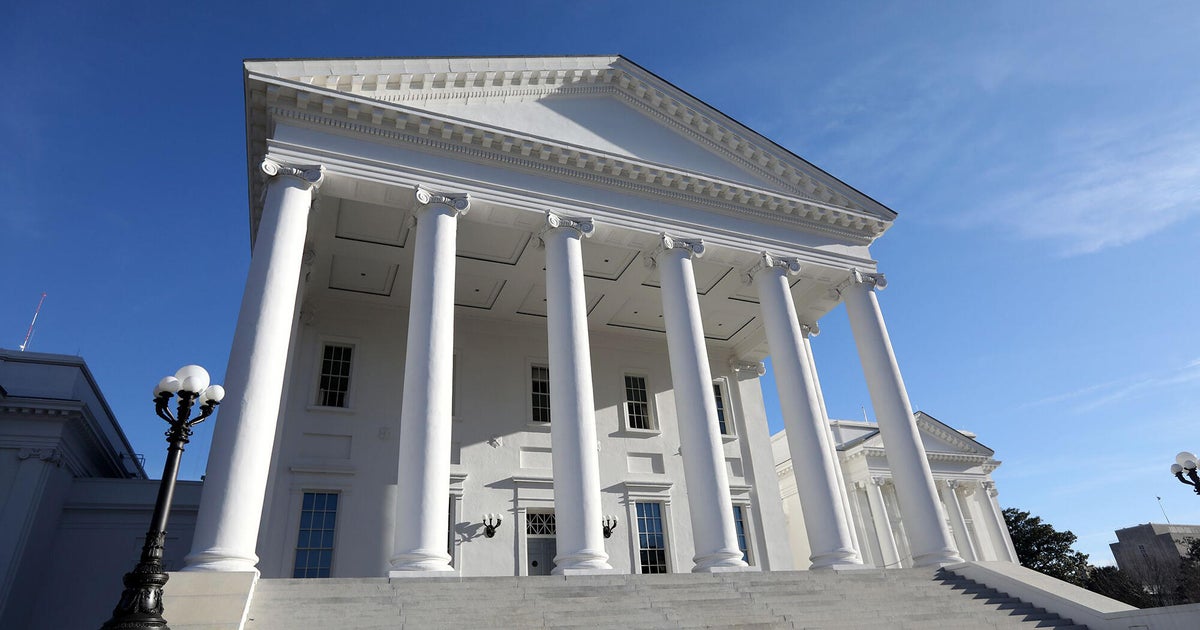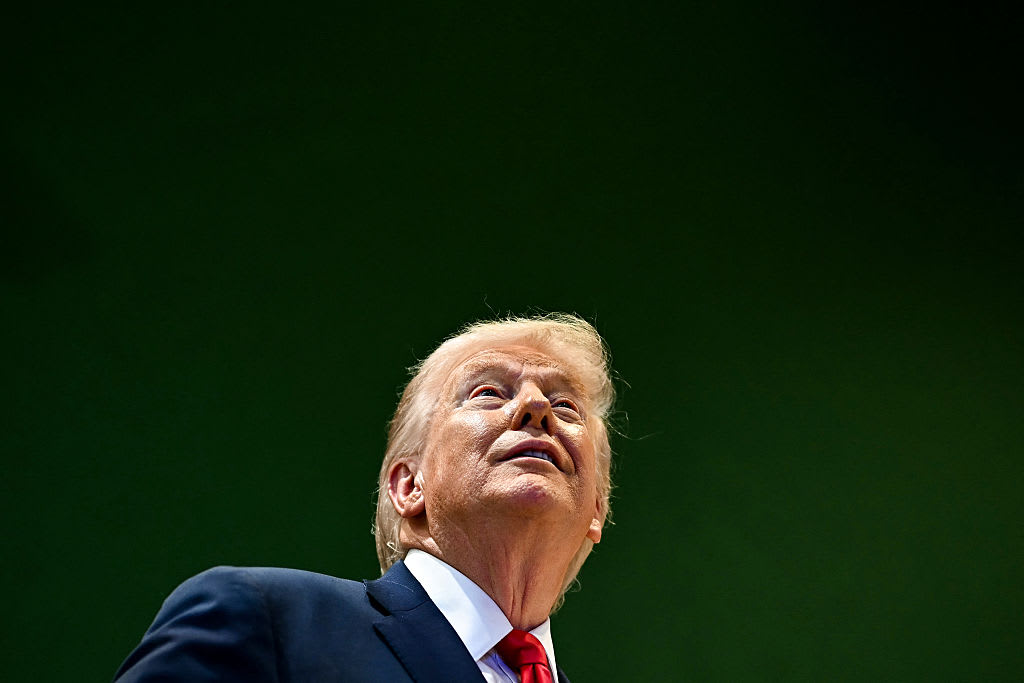How Wall Street is handicapping the midterm elections
As history shows, midterm elections typically shift power in Congress away from the sitting president's party. And this year could at least partially repeat that pattern because it's looking more like Democrats may win control in the House of Representatives in November.
All 435 House seats are up for reelection. Of those, the nonpartisan Cook Political Report lists 39 Republican House seats as possible toss-ups -- meaning either party has a good chance -- while only three Democrat-held seats are in the same category. The Democrats need to gain 23 seats to take the House.
On the Senate side, just 35 of the upper chamber's 100 seats are up for reelection, making it less likely for a shift in power there. Although the Dems would need to flip just a few seats to undo the slim GOP majority, that will be a hard -- if not impossible -- slog for several reasons.
In a recent report, UBS predicted a 60 percent chance for a split Congress, with Democrats winning the House and the GOP holding the Senate. That forecast is in line with betting sites like Predictit, which sees a 62 percent chance Democrats will win enough seats to take power in the House but that the Republicans will maintain their grip on the Senate.
So what would that mean for investing?
Infrastructure may benefit
If Congress is split between the parties, one result could be "gridlock with pockets of compromise," according to the UBS report.
That may open an avenue for investing in infrastructure, "where President Trump and Democrats may find common ground," making it a "modest positive" for related companies, UBS said. That's even though the two parties disagree on details about how much to fund, in what areas and how to pay for it.
President Donald Trump campaigned on putting $1.5 trillion into infrastructure, yet as of this spring he had followed through on just 1 percent of that, the Washington Post reported in March. While the administration has yet to move ahead with an overall plan, big private investors are raising funds anyway, Bloomberg recently reported.
Pharmaceuticals, on the other hand, could suffer with a split government because members of both parties favor drug price controls, UBS said.
The U.S. dollar and bond yields may face pressure if Congress manages to approve infrastructure spending that Mr. Trump signs on to and is financed by adding to the U.S. deficit, which is already at a high to pay for the tax cuts passed last year, UBS said. As of August the national debt totaled $21.4 trillion, or more than $65,000 for every man, woman and child in America. The annual federal budget deficit is running at more than $895 billion.
Trump's trade policies could be curtailed
If Democrats do take a House majority, it could lead to a bipartisan agreement to bridle Mr. Trump's approach to trade and his ability to impose tariffs, according to UBS. The president has already upended trade norms through tariffs and other measures on many fronts, including with Mexico and Canada through the North American Free Trade Agreement (NAFTA), with China and the European Union.
"While I don't expect legislative action to reverse any of the Trump tariff actions, I believe Congress would weigh in strongly if the President decided to withdraw the U.S. from NAFTA," John Savercool, head of UBS's office of public policy, wrote in the report.
It's also unlikely that a change in one or both houses would reverse last year's tax changes, Binky Chadha, Deutsche Bank's chief strategist, wrote in an August note discussing the midterm elections.
Historically, the so-called cyclical stocks -- technology, financials, consumer discretionary, industrials and materials -- do well around midterm elections, Chadha noted.
"The bigger question in our view is whether a Democratic majority in the House and/or Senate would be sufficient to act as a check on Presidential power, particularly on the trade policy front," Chadha wrote. "If it does, it would reduce the risks to continued strong growth and in our view implies upside" to the bank's current targets.
Companies in the financial and industrials sector are, at the moment, "losers from the uncertainty around trade policy," Chadha said. "We expect any dissipation in the uncertainty to be most positive for these sectors and remain overweight."
Tariffs may hurt states that supported Trump
If Mr. Trump imposes tariffs on a further $200 billion of imports from China, as he's expected to do as soon as this week, it could cause "significant economic damage" in goods-producing states that mostly voted for him in 2016, like South Carolina, Indiana and Michigan, economists from Oxford Economics wrote in a recent note. It added that of the 10 states that would suffer most in a prolonged trade war, eight supported Mr. Trump in that election.
"Trade and tariffs could affect some of the more competitive races in the upcoming midterm elections," they wrote. This could be a bigger issue in 2020 if tariffs stay in place longer term, the Oxford economists wrote.
International investors are watching "with the hope that Congress will rein in the Trump administration's more aggressive trade policies," the UBS report said. Still, "we don't expect Democrats to push back against the president if it looks like he's winning." Instead, Congress might act if trade negotiations falter or the economy takes a hit.
Blue wave, red tide, extreme gridlock
If the midterms result in a "blue wave," which UBS gives a 20 percent chance, odds are better for "extreme gridlock." That might be neutral to negative for investors, UBS said.
In that scenario, pressure on multinational companies may ease and the dollar could slip. Even if the Democrats take a majority of both houses and the House votes to impeach Mr. Trump, it's unlikely Senate Democrats would be able to convince enough Republicans to get the 67 votes needed to convict, according to the analysis.
At the other end, markets could rally if a "red tide" is the result, the least likely of the UBS scenarios, at just 2 percent odds. Markets might gain on more potential tax cuts and a cutback of benefit programs, along with even looser regulations. It may also mean repeal of the Affordable Care Act, a move that would hurt health insurers, UBS said.
What if the makeup of Congress stays essentially the same? UBS gives that scenario 18 percent odds, but if it happened, markets could still rally, it said, "if only because it reduces the risk of extreme gridlock and dysfunction."



